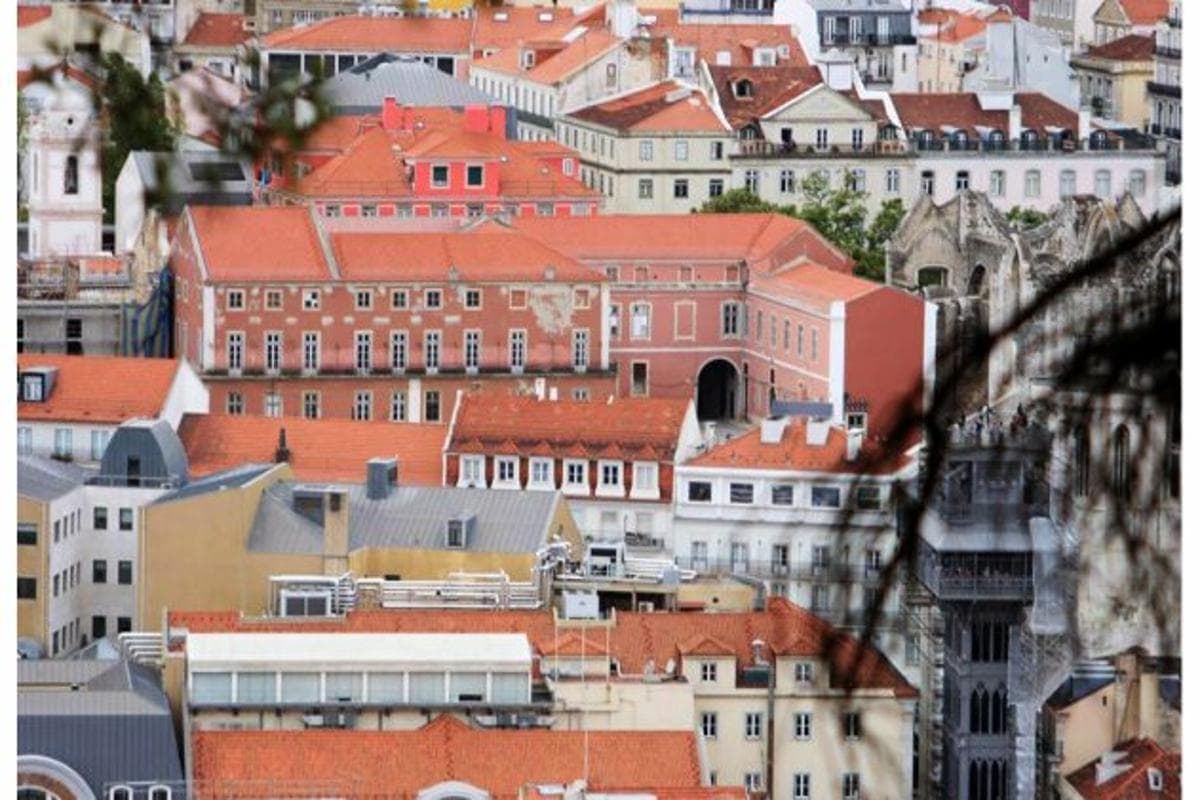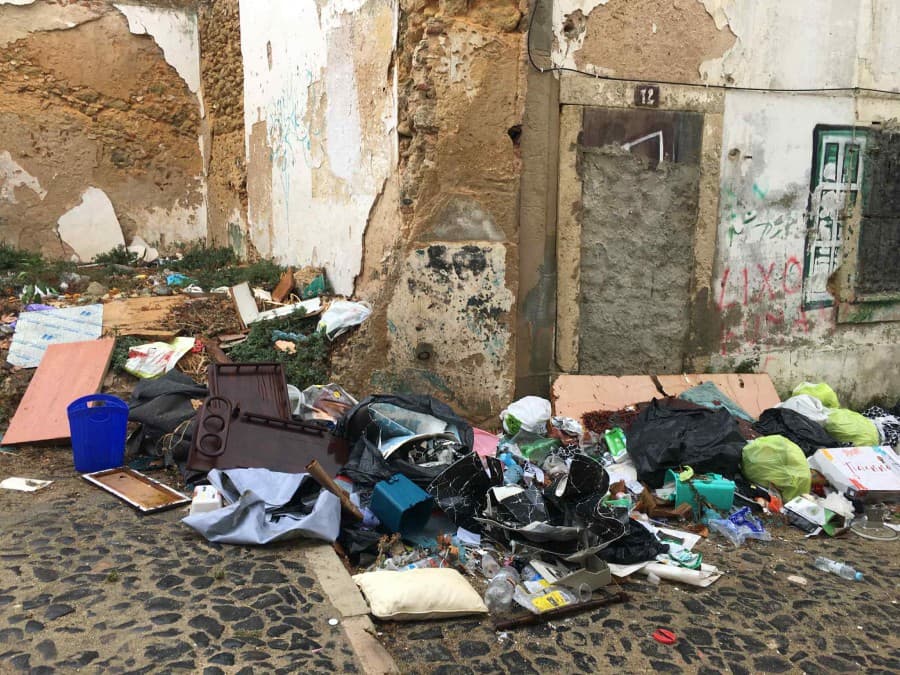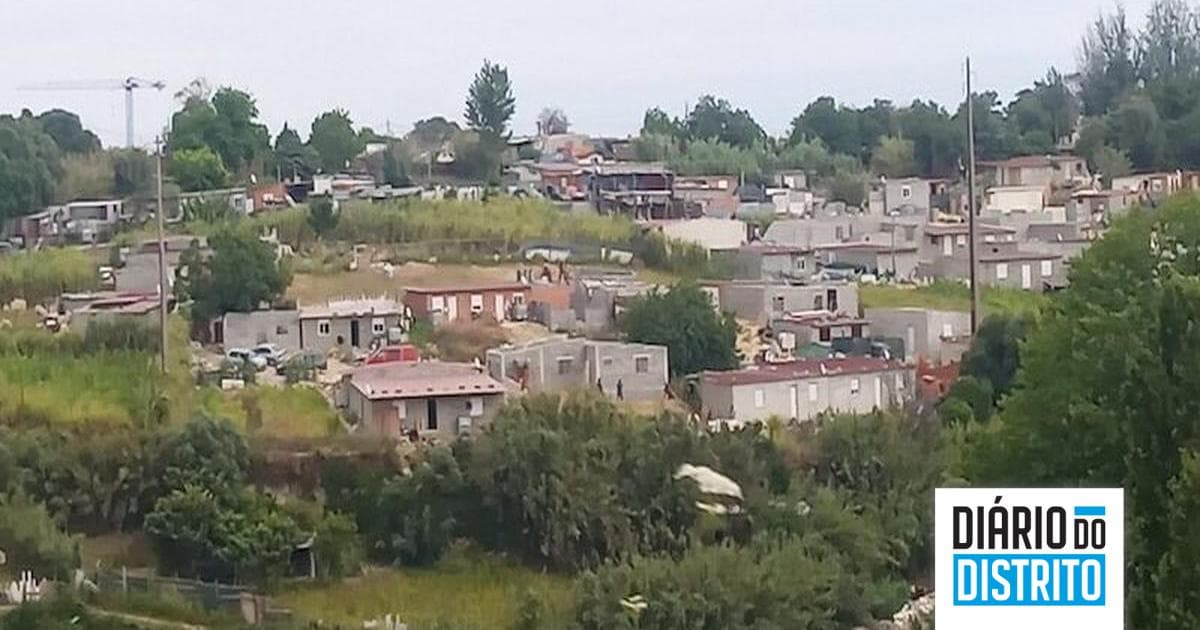Historic Baixa Shop Closes After 94 Years, Highlighting Lisbon's Changing Commercial Landscape
The Tabacaria Rossio, a commercial establishment that has been a feature of Lisbon's Rua Áurea for 94 years, has officially ceased operations. A notice posted at the entrance of the building at number 295 announced the closure, marking the end of a business that first opened in 1931. The closure adds to a growing list of historic shops in the Portuguese capital that have been unable to navigate the city's evolving economic climate.
In the statement, the proprietors expressed their gratitude to the community and the generations of patrons who frequented the shop. "Everything that begins also has its end, and this is ours," the notice read, describing the location as having been "a meeting point, of sharing and of stories throughout generations." The business occupied a space with a commercial history extending into the late 19th century, having taken over the premises of the former Tabacaria Costa, which was founded in 1892.
The closure of the Tabacaria Rossio is being viewed by local commerce analysts as a significant indicator of the commercial pressures in Lisbon's historic Baixa district. The area has undergone substantial transformation in recent years, driven by a surge in tourism and foreign investment, which has led to increased rental values and a shift in the local retail ecosystem. Traditional businesses have found it increasingly difficult to compete with international brands and businesses catering primarily to the tourist market.
The shop was originally established as a classic tobacconist, offering a range of products including tobacco, cigars, pipes, and related accessories. Over time, its inventory evolved to include leather goods, watches, and themed postcards, adapting to changing consumer habits while maintaining its historic character. Its predecessor, the Tabacaria Costa, was founded by a merchant named Egydio C. da Costa and was one of the first establishments of its kind in the Baixa area before it closed in the 1930s.
Need Expert Guidance?
Get personalized insights from verified real estate professionals, lawyers, architects, and more.
The end of the Tabacaria Rossio's nearly century-long operation reflects a wider debate in Lisbon regarding the preservation of cultural and commercial heritage. As property values in prime central locations continue to rise, the economic viability of long-standing, smaller-scale businesses is being called into question. This event serves as a data point for real estate investors and market observers analyzing the long-term commercial trends and sustainability of traditional retail models within the city's core.
The transformation of Rua Áurea and the surrounding Baixa neighborhood continues to be a subject of study for urban development experts. The departure of historic tenants like the Tabacaria Rossio often precedes the arrival of new investment, which can alter the character and commercial mix of the district. The future of the now-vacant commercial space will be closely watched as an indicator of the direction of the local real estate market.
Discover emerging areas and local opportunities at realestate-lisbon.com.




